How Do I Check My Project for Errors? (Magic xpi 4.6)
In Magic xpi, when you build the project, whether in a debug session or a production session, the project is automatically checked.
You can also run the checker yourself. It only takes a few seconds to syntax check a Magic xpi project. The Checker tool will find, for example, steps which have not been configured and incompatible types. When the syntax check is completed, you will be presented with a list of errors (if there are any). Clicking on an error will cause you to jump to that error so you can fix it.
You have a number of options to process the syntax checker—on the entire project, business process, specific flow, step or trigger.
To check the syntax on a single item:
-
Park on the item that you want to check.
-
Right-click on the item and select Checker from the context menu. One of two things will then happen:
-
You will see the message “No results were found in the Flow”, or
-
A Checker Results screen with some error messages in it.
-
If you had errors, you can work through the list of errors using the Checker result list.
-
From the Checker Results screen, you can go directly to the area in Magic xpi where the problem exists by double-clicking on the specific entry in the screen.
-
You can also customize which errors appear by clicking the Errors, Warning and Information buttons at the top of the screen.
To check the entire project:
Or:
You can check the entire project at one time. The error messages will all be grouped in the Checker Results screen, and you can work through the list the same way you would when working with only one program.
-
From anywhere in the project, go to the Project menu and select Checker.
-
The syntax checker will run through the entire project, and the errors will be listed in the Checker Results screen.
-
If you had errors, you can work through the list of errors using the Checker result list.
-
From the Checker Results screen, you can go directly to the area in Magic xpi where the problem exists by double-clicking on the specific entry in the screen.

